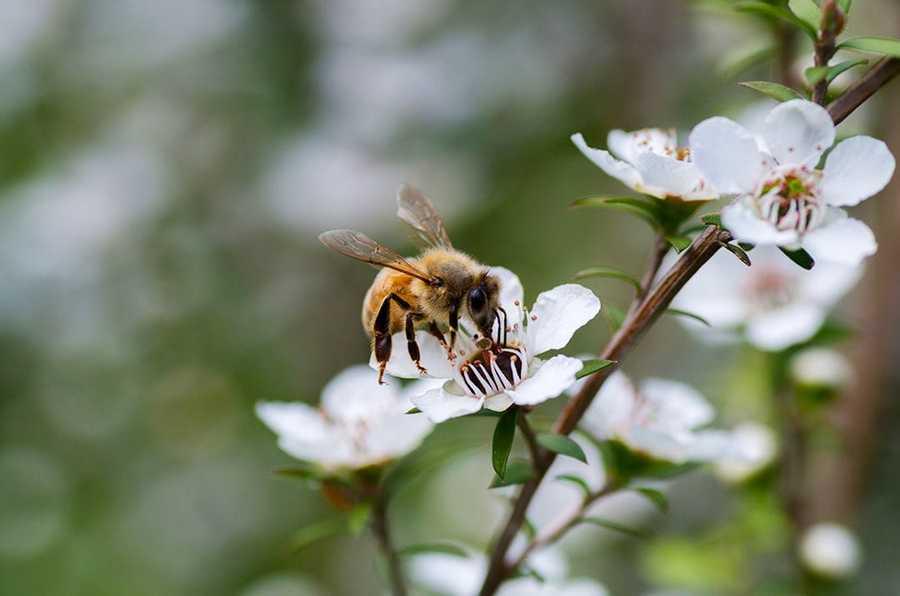Manuka Honey History
- The honey bees species (Apis mellifera) that are necessary for commercial honey production are not native ones of New Zealand but arrived in 1839 due to an English beekeeper, Mary Bumby.
- She managed to bring the skeps (woven baskets) of honey bees in a six-month voyage from England, paving the way for the bees to start working on the manuka bushes.
- The honey did not gain popularity until 1980, when Dr. Peter Molan confirmed the unique antibacterial properties of the nectar, along with the already known healing properties. A series of quantifiable tests proved that manuka honey can kill antibiotic-resistant bacteria.
56
150 reads
CURATED FROM
IDEAS CURATED BY
The idea is part of this collection:
Learn more about health with this collection
How to stay motivated
How to create a workout routine
Proper form and technique for home workouts
Related collections
Similar ideas to Manuka Honey History
The Most Coveted Honey
Manuka honey from New Zealand is the world’s most coveted honey. It’s supposedly unique healing properties make it a high-demand consumable in the elite circles. It is derived from the nectar of a native bush called leptospermum scoparium and is has been enjoying a boom in popularity in ...
Why honey doesn’t spoil
- Acidity. Most bacteria prefer neutral growing conditions. The enzymes bees use to break down the sugar in nectar make it more acidic and less appealing for bacterial growth.
- Sugar content. Honey has a lot of sugar, but only 18% water, which is not ...
Read & Learn
20x Faster
without
deepstash
with
deepstash
with
deepstash
Personalized microlearning
—
100+ Learning Journeys
—
Access to 200,000+ ideas
—
Access to the mobile app
—
Unlimited idea saving
—
—
Unlimited history
—
—
Unlimited listening to ideas
—
—
Downloading & offline access
—
—
Supercharge your mind with one idea per day
Enter your email and spend 1 minute every day to learn something new.
I agree to receive email updates

